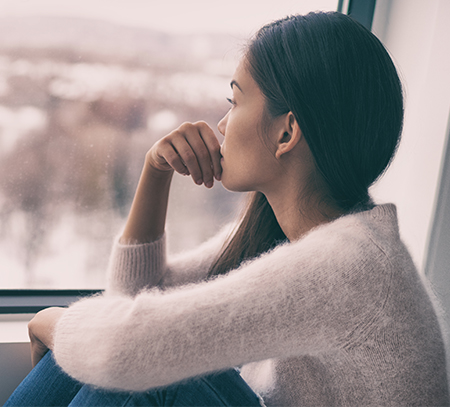 Having a multicultural upbringing has its challenges.
Having a multicultural upbringing has its challenges.
For one, therapy wasn’t something we discussed growing up. For me, I didn’t even know what therapy was!
We learned to withhold our emotions. Not to mention that Asian parents aren’t the greatest at being affectionate or showing love like our white counterparts.
Did your Asian parents show love by making you food, working long hours to provide, or never or rarely ever hug you, saying, “I love you?”
Discussing your feelings felt taboo, so we didn’t do it. We struggled with even crying in front of them. The fear of being perceived as weak or even ‘crazy’ resulted in many Asian Americans keeping quiet as they struggled with their feelings in silence.
Asians view mental health differently.
I remember, early on in my career, working with second-generation Vietnamese children who were anxious or depressed. Their parents did not get it and minimized these kid’s feelings and compared them to their struggles.
In parents’ minds, how could these kids be depressed because we went through much worse immigrating to the U.S.? It wasn’t until these kids started doing poorly in school that their parents finally sought help.
How can we blame them? Mental health wasn’t a thing in Asia. The thought of being vulnerable to a stranger felt shameful, and saving face is important in their culture.
Providing mental health for Asians is gaining ground.
As mental health has become more widely accepted among Asians in the U.S., more Asian therapists are coming into the game, and more are seeking therapy from someone who looks like them and can relate to them.
As an Asian therapist, I understand where you’re coming from! I see such a need for you to be understood. There is so much push and pull we experience in our day to day.
Let’s explore these conflicting messages in your head. We can work together to make life easier to navigate and to build inner strength and resilience to lead a better life.

